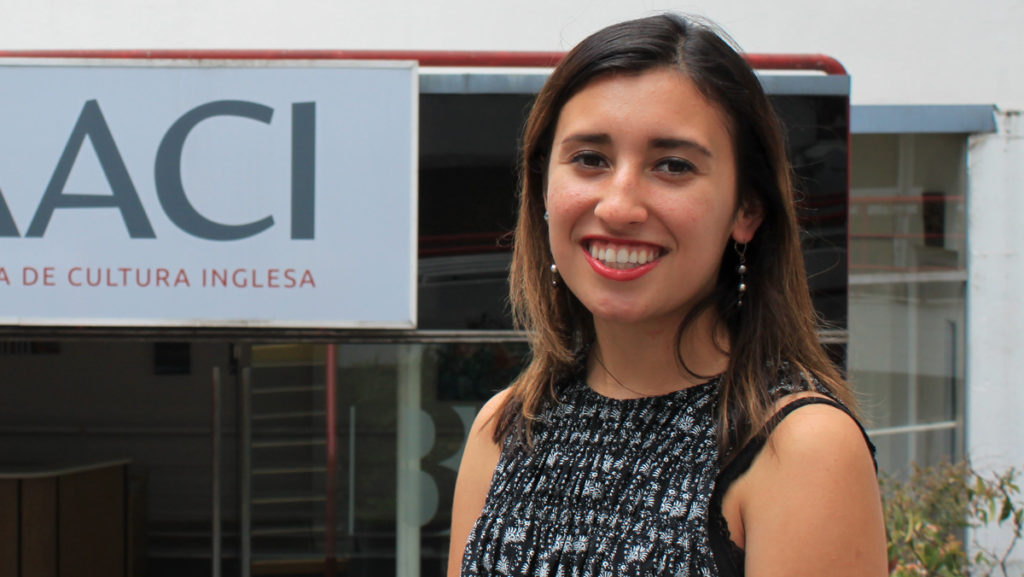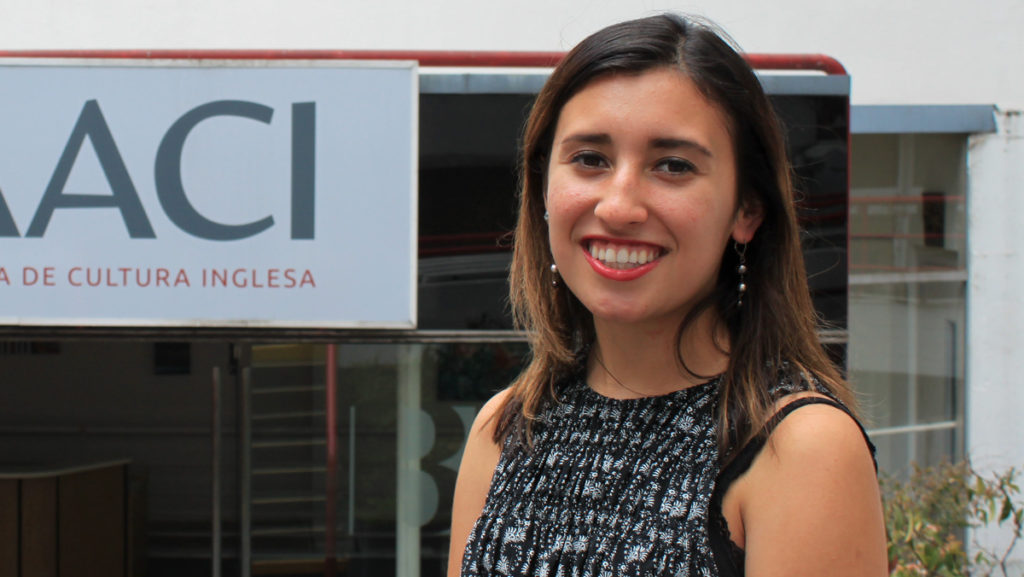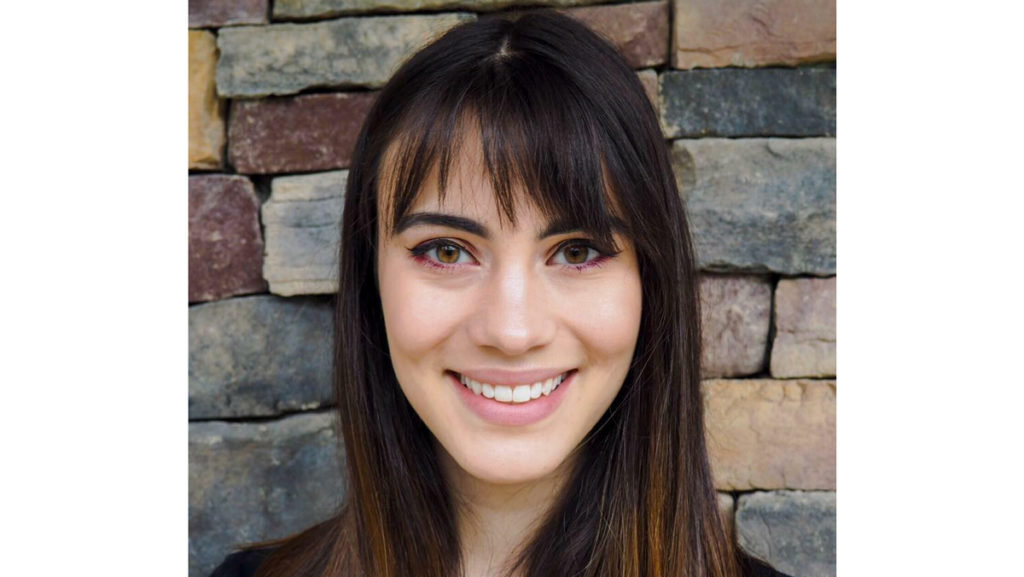Muggy, smelly and tired. Sweating from the heat of the Argentine summer sun, I was cramped in a tiny classroom with 20 other Americans. We all said hello and gave the usual introductions: our names, hometowns, colleges and majors. Given that we signed up for a semester-long Spanish-language immersion in Buenos Aires, Argentina, half of the students in the room confidently announced that they were Spanish majors or minors. Judging by their slight eyerolls and suppressed snickers, the Spanish majors and minors placed those not studying Spanish at their home university into a lost-cause category. At first, some students assumed I belonged to that group.
Being an emerging media major with minors in journalism and international politics, my Spanish-studying peers assumed that I lacked foreign language experience. What they did not realize is that I have a background in Spanish: I am half-Hispanic, but I am not a fluent speaker. My mother is a first-generation Mexican-American, but she never taught her language to my brother and me. My father is a white Midwesterner who only speaks English. From watching Blockbuster movies to playing with my neighbors, I grew up immersed in America’s unofficially official language. I do not think my mother’s decision to raise us in an English-speaking household reflects a conscious attempt to assimilate us into American culture. Rather, English made communicating easier for my father.
Aside from at home, my mother never stopped speaking Spanish. My mother spoke in her native tongue any time she purchased meat from a butcher, went to see my abuelos or visited family in Mexico. These experiences trained my ear to hear certain words and phrases. Unfortunately, hearing a language and fully understanding it are two different skills. From a young age, my Spanish skills were elementary at best. I could say my name and ask someone about the weather, but I felt uncomfortable moving beyond these introductory topics. Although I participated in the same customs and traditions as other Mexican families, my inability to fluently speak made me feel like an imposter. As a method of reclaiming my identity, I made the conscious decision to dedicate a semester to improving my Spanish.
Prior to arriving here, I believed I was a horrible Spanish speaker. I took Spanish in high school, but I always felt embarrassed to be the Mexican kid in a Spanish class. Even if I spoke Spanish in the classroom, I rarely used it with my family because of my heavy American accent. I am now understanding that learning a language is a gradual process. Although I might not necessarily observe myself learning, every week I notice that my skills are improving. Just last week, I had a conversation, in Spanish, with a friend about the importance of Marvel’s “Black Panther” and the significance of media representation.
So far, this semester has not brought me closer to my culture. Instead, this semester is building my confidence. Even back in the States, when I would go to a Mexican restaurant with my mother and abuelos, I would get nervous when ordering. Fixated on enunciating something wrong, I would end up saying my meal in English. Instead of allowing fear to inhibit me, I should have used every opportunity as a form to practice and improve. I am going to use my next two months in Buenos Aires to make grammar mistakes, to speak slowly and to Google vocabulary translations. I am going to own up to the fact that I am learning. And when I return to the United States, I am going to talk to my abuelos in Spanish. My accent and slow speaking ability don’t push me further away from my culture; what does is my fear of trying.






